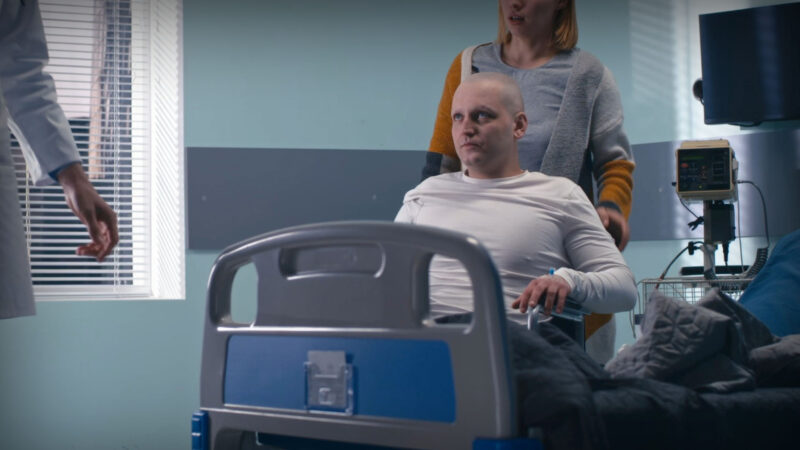STEPPING IN AND STEPPING UP EXPANSION OF SPECIALIST TRAINING IN REGIONAL, RURAL, AND REMOTE AREAS Coordinated effort across all medical colleges to address critical shortage of specialists outside major cities
With
Associate Professor Sanjay Jeganathan, Chair
Council of Presidents of Medical Colleges (CPMC)
AUSTRALIAN HEALTH JOURNAL SEGMENT
Filmed online | April 2025
Australia’s medical colleges are increasing their commitment to regional healthcare by expanding specialist training in regional, rural, and remote areas.
The Council of Presidents of Medical Colleges (CPMC) is Australia’s peak body representing specialist medical colleges.
Associate Professor Sanjay Jeganathan, Chair of the Council of Presidents of Medical Colleges (CPMC) states, ”Our rural and regional communities deserve the same access to specialist care as our cities. We’re seeing real results from our colleges’ commitment to rural training.”
A/Prof Jeganathan spoke to Australian Health Journal about progress by Royal Australian College of General Practitioners (RACGP), Australian College of Rural and Remote Medicine (ACRRM), Royal Australasian College of Surgeons (RACS) and Australian and New Zealand College of Anaesthetists (ANZCA).
This expansion reflects a coordinated effort across all medical colleges to address the critical shortage of specialists outside major cities.
The expansion comes as projections show Australia could face a shortage of 5,000 doctors by 2030. While overseas-trained specialists help fill immediate gaps, medical colleges are prioritising sustainable solutions through local training programs.
“We’re building lasting change by training specialists who understand regional communities and are more likely to stay long-term,” said A/Prof Jeganathan.
Source: Written by AUDIENCED from CPMC media release (February 2025)
You Might also like
-
Ready to unleash the potential of the pharmacist health workforce
Last week, Associate Professor Fei Sim the National President of the Pharmaceutical Society of Australia (PSA), the peak body representing 39,000 pharmacists across Australia’s health system, spoke to Australian Health Journal about the release of the Unleashing the Potential of our Health Workforce – Scope of Practice Review. The review and final report sets out to create a clear pathway for health professionals to contribute more to our health system and practice to their full and top of scope.
-
Lens on patient care & allied health workforce across settings
The CEO of Allied Health Professions Australia (AHPA), Bronwyn Morris-Donovan spoke with Australian Health Journal about the following:
The structure and priorities for AHPA
The setting and disciplines in Allied Health
Allied Health representation in the Strengthening Medicare Task Force
Importance of a data strategy and interoperability in delivery of allied health services
Key allied health priorities hopefully addressed in Federal Budget.In the lead up to the Australian Federal Budget in May 2023, Australian Health Journal reached out to peak health industry bodies to hear about their priorities, either noted in pre-budget submissions lodged with Federal Government in January 2023 or in recent forums such as the Strengthening Medicare Taskforce.
-
Sharing the same goals in value-based procurement
Value-based procurement (VBP) is a journey, not a sprint. It’s about putting the patient at the centre of quality affordable healthcare through changes in procurement practices for medical technologies. Patient outcomes drive value and sustainability, not just price. The bigger picture indicates that VBP will create system cost saving through benefitting patients, rather than trying to attain the reverse – a win-win outcome.



